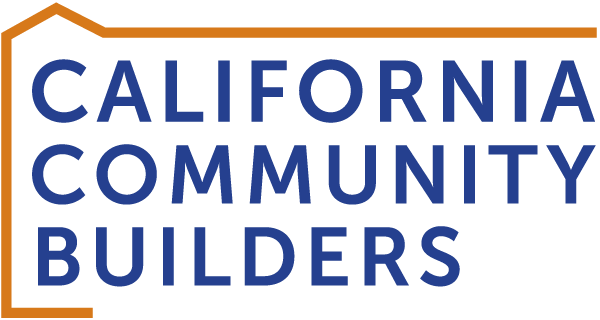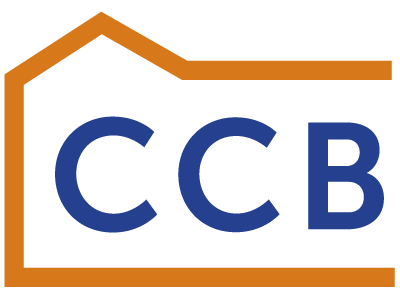Supporting BIPOC Neighborhood Builders
California urgently needs more homes, and communities of color feel that need with particular urgency. But who will build those homes? Too often, community development has been done to BIPOC communities, not with them. We believe that supporting BIPOC neighborhood builders must be part of the solution.
Unlike most large, white-owned development firms, these builders are part of our communities; they understand our neighborhoods and care about them. Our neighborhoods need community development conceived and built by people who bring local knowledge and cultural competency to their work, and right now that rarely happens.
Unfortunately, builders and developers of color have always struggled against institutional racism and discrimination, and COVID-19 added to the obstacles they face. Because of the racial wealth gap, these BIPOC neighborhood builders tend to be undercapitalized compared to their often-larger white competitors, with less collateral to offer as security for needed financing. Too often, they’ve been shut out of opportunities to participate in the community development that BIPOC neighborhoods need, leaving our communities to deal with outsiders who don’t know us and who care about little but the bottom line.
To change that, we’re working to support these BIPOC neighborhood builders and strengthen diversity across the construction and development field. This area has received far too little attention.
CCB and various partners will launch a project that will begin to level the playing field for BIPOC neighborhood builders and assist them in obtaining the capital they need. Because this issue has had so little focus, we began by speaking to 20 development and real estate professionals to better understand the landscape. We’re putting together further research to expand our knowledge and will use what we learn to launch a fund designed to help builders and developers of color compete and bring truly community-oriented community development to our neighborhoods.
This work is still in its early stages, but we’re excited to be part of it. Watch this space for future developments.

